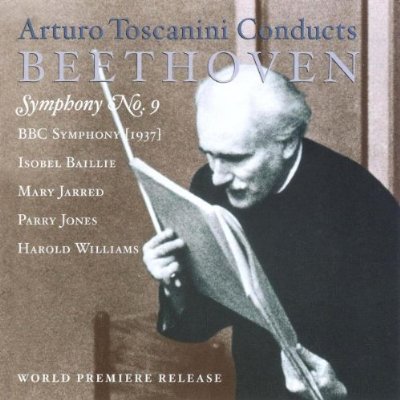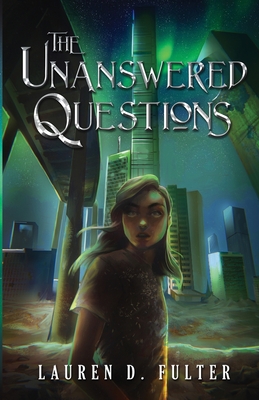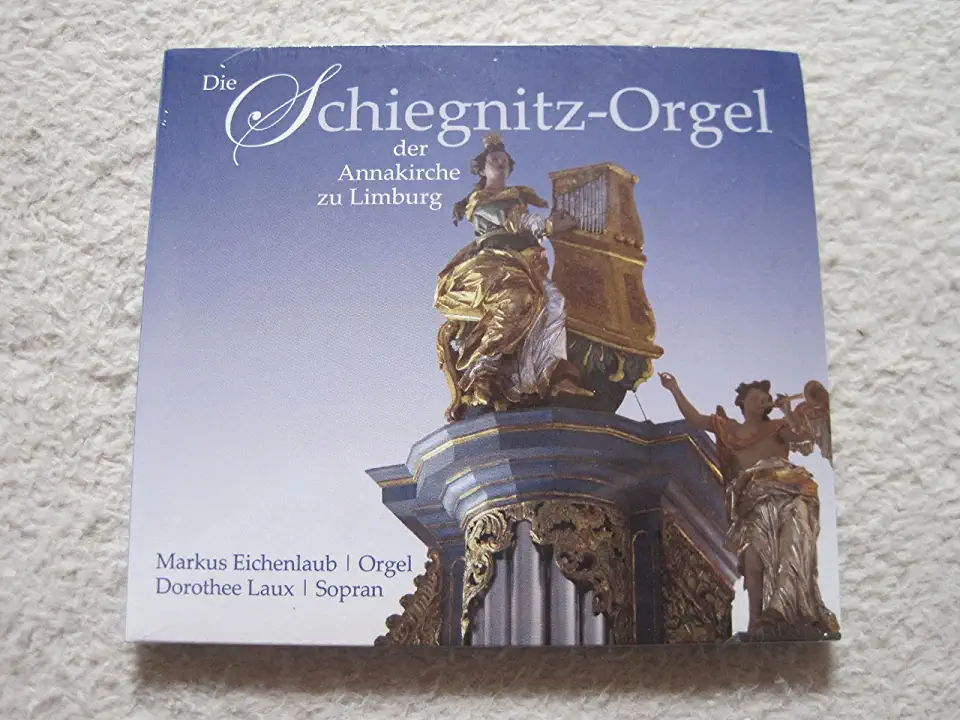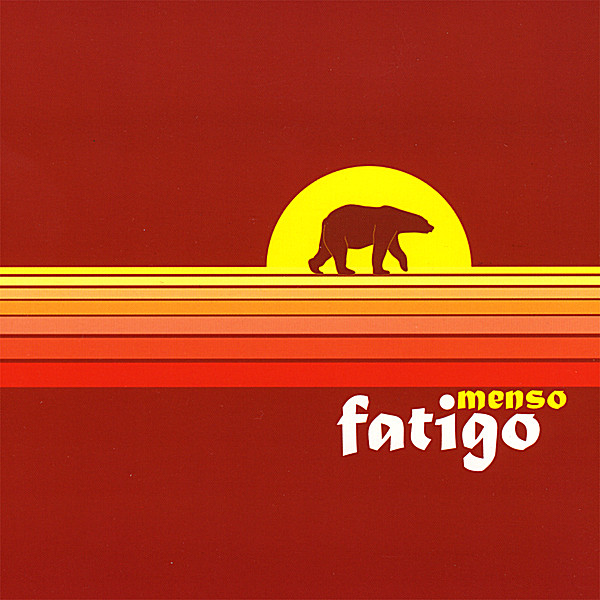
description
st consideration of life and selfhood for women in contemporary society. The poetry in Elizabeth Scanlon's Whosoever Whole asks how we arrive at and nurture a sense of self amid a culture that wants us only to consume. Navigating the fractal and often fractured experiences of a citizen, a parent in the time of climate change, and a woman in an embattled era, Scanlon invites the reader into an interior space filled with anger, joy, wonder, and hope. Employing metaphor and metonymy, these poems portray a series of courageous portraits of the many faces a woman must wear to survive in today's culture. Whosoever Whole is an anti-capitalist love song to all who refuse to be torn apart by the market valuation of their lives.
member goods
No member items were found under this heading.
listens & views

TOSCANINI & THE BBC SYMPHONY ...
by BEETHOVEN / TOSCANINI / BAILLIE / JARRED / BBC SO
COMPACT DISC$17.75
Return Policy
All sales are final
Shipping
No special shipping considerations available.
Shipping fees determined at checkout.






